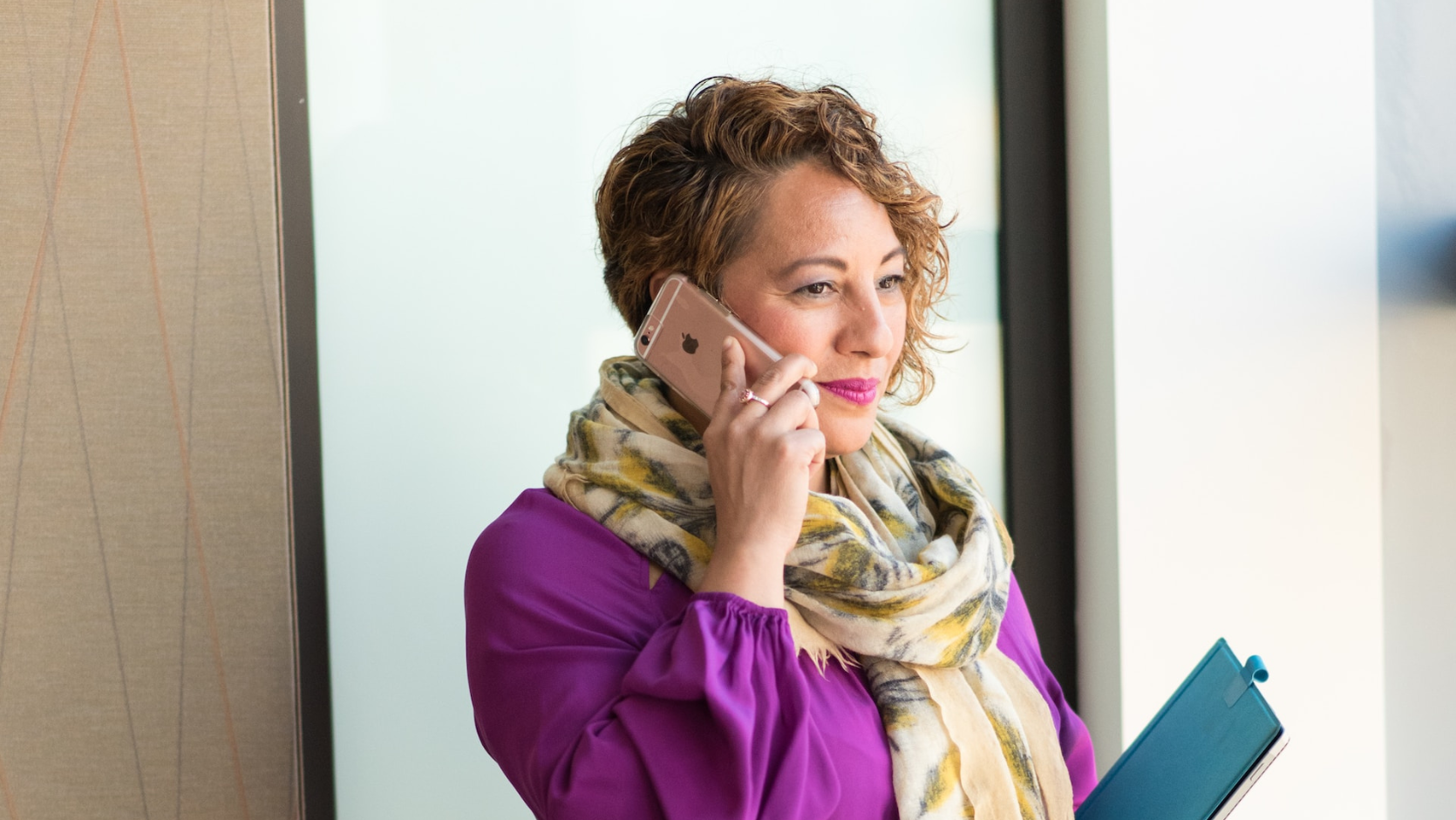Going through a divorce can be a challenging, complex and emotionally draining process. In recent years, a new phenomenon has emerged to help people navigate divorce with support and guidance – the divorce doula. However, while the support provided may be invaluable from an emotional perspective, it is important to remember that divorce doulas are not lawyers, nor is it a regulated profession.
What is a divorce doula?
Like birth doulas who provide emotional and physical support during childbirth, divorce doulas can offer their clients emotional, practical and logistic support during divorce proceedings.
Working out the steps you need to go through in order to divorce can be tricky. A divorce doula helps people navigate the complexities of the legal system, manage their emotions and create a roadmap for moving forward.
While the term “divorce doula” is relatively new, the concept of a support person who helps navigate a divorce has been around for a long time – with family lawyers, counsellors and mediators helping people through the divorce process for years.
What services does a divorce doula normally provide?
A divorce doula can offer a wide range of services, depending on the doula and the specific needs of the client. Some of the most common services include providing emotional support and coaching, like offering a shoulder to cry on or help processing emotions, and practical support, such as helping to coordinate the day-to-day tasks of divorce.
For example, this could involve organising paperwork or keeping track of important dates and deadlines.
A divorce doula may assist with communication and conflict resolution between the parties. They can also help their client create a post-divorce plan for moving forward after the divorce is finalised.
A highly challenging area for most parents going through a divorce is working out the co-parenting arrangements. A divorce doula can provide guidance on designing effective parenting plans and child custody arrangements.
Divorce doulas may also provide help in finding resources for legal and financial advice. The doulas themselves may also work with the client to understand the financial implications of the divorce. They might be able to assist with guidance on dividing assets and liabilities, creating budgets and managing financial stress.
Do divorce doulas provide legal assistance?
Divorce can be a complicated legal process. A divorce doula may be able to help clients navigate the legal system, for example by explaining legal terminology and processes, providing guidance on filling out paperwork and helping clients understand their legal rights.
However, it is important to remember that because many divorce doulas are not lawyers, they cannot provide legal advice or represent their clients in court. It is therefore essential that the client understands the legal process and knows to seek legal advice where necessary, to avoid any potential legal problems and ensure their rights are protected.
While a divorce doula can be useful in helping clients devise an effective parenting plan, it is critical to ensure you seek the services of a lawyer where disputes over children arise. This will ensure that your rights and the best interests of your children are protected.
It is also very important from a legal perspective that documents are completed and filed in a timely manner to comply with legal requirements.
For example, in circumstances where it is a sole application and the applicant is required to serve the other party, particular documents need to be served and signed by the other person.
There are rules around timing of service of documents, and if a step is missed, or a document is not signed properly, you will risk having the proceedings dismissed or adjourned, causing more delay and possibly incurring further costs.
Again, you should seek the help of a lawyer if you are unsure of the process.
Caution advised in absence of regulation or training requirements
There are some important things to consider before deciding whether to use the services of a divorce doula.
For a start, it may be seen as an unnecessary expense for those who are trying to keep the cost of their divorce as low as possible. Separating and going through a divorce is often already a very costly process for those involved, without paying for additional services.
It is also important to remember that a divorce doula is not a regulated profession. There are currently no certifications or training requirements for individuals who describe themselves using this term.
This means you should be careful about taking advice from someone who may not be a qualified financial adviser, lawyer, psychologist or social worker, for example.
While some may have a background in counselling, coaching, mediation or even family law, many will not have legal qualifications, and therefore will not have the expertise needed to provide legal advice or represent their clients in court.
This has the potential to lead to errors or misunderstandings that could negatively impact the outcome of the divorce settlement.
Confidentiality and ethical considerations
While many divorce doulas operate ethically and with the best interests of their clients in mind, some people may worry about conflicts of interest, confidentiality and potential ethical violations.
Due to the nature of their work, divorce doulas will be privy to sensitive information about the personal lives of the parties involved and their divorce proceedings. It is important for a divorce doula to respect their client’s confidentiality and maintain ethical boundaries.
A divorce doula may be able to help you navigate the divorce process with more support and guidance than you would have otherwise. If you feel that engaging a divorce doula would help you, it is important to research the person you are considering thoroughly, including their qualifications and experience, and ask for references from past clients.
For more information please see How quickly can I get a divorce?














